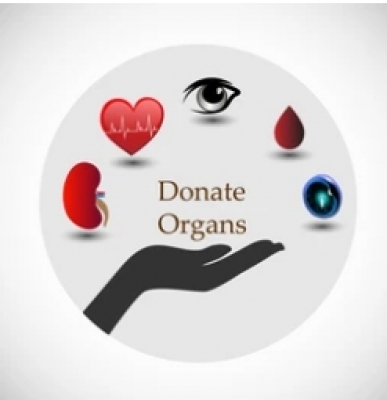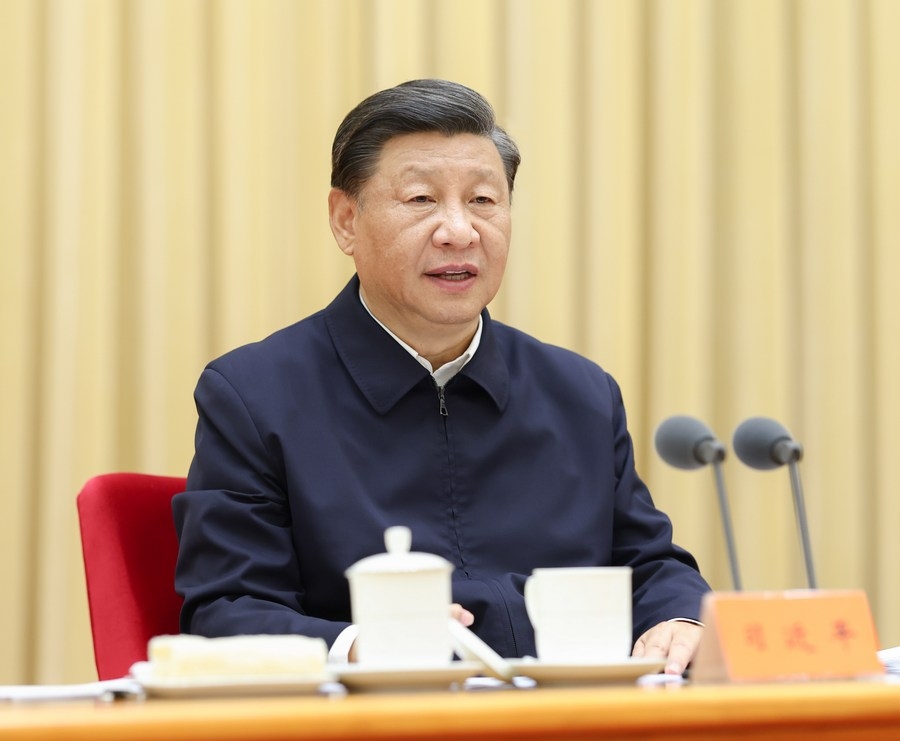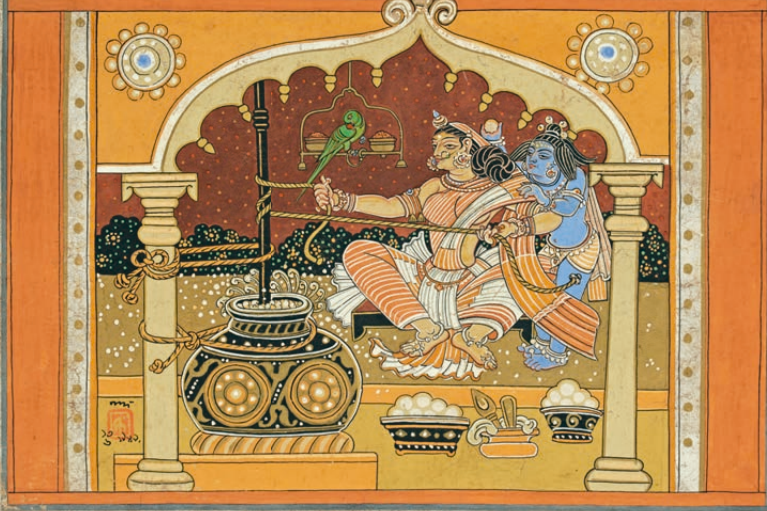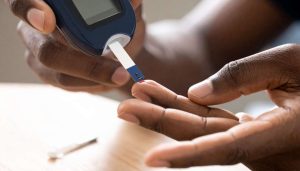Organ donation does not affect the appearance of the body. A highly skilled medical team carries out organ retrieval for transplant… N. Lothungbeni Humtsoe speaks with Sunayana Singh, the CEO of ORGAN India…reports Asian Lite News
Over the last few decades, improvements in surgical techniques and transplant medicine have evolved. Complex operations such as kidney, liver, and heart transplants are routinely performed all over the world with good success rates and this has been beneficial for successful organ transplants.
The road to the transplant, however, is riddled with many questions and can be overwhelming for the patient and the family coping with this life-threatening situation. In times such as these, guidance is important. Questions such as where to go and what to do in the case of organ failure, cost, etc need a comprehensive road map.
Sunayana Singh, the CEO of ORGAN India – an initiative of the Parashar Foundation (NGO) to enable organ donation and transplantation in India, answers some frequently asked questions concerning organ transplants.

Who can become an organ donor?
People of different ages can become donors. You need to register as a donor and inform your family once you have done the same.
Is it important to inform the family after I have registered for organ donation?
Organ donation is a sensitive subject due to the complex religious, cultural, and social beliefs of our country. Talk to your family members about your reasons to pledge organs. Have multiple conversations, and share material with them about success stories and life-saving decisions. Then help them through the process of donation and how your organs can offer hope to others whose lives can be saved through transplants. This is a necessary step as they will need to consent to retrieval.
How to register to become an organ donor?
There are many legitimate organ donation NGOs and government portals that can help you register for the same. Besides this, talk to your physician and discuss the possibilities. You can go to the organ donation website under the Department of Health & Family Welfare or you can even approach any Government Medical College. Besides this, you can also register with NOTTO.
Does it cost anything to become a donor?
There is no cost to the donor, donor’s family, or estate for organ donation. It just needs kindness.
Can the organs be retrieved without my consent if I have a donor card?
This is not true. Even if you have registered for organ donation and you carry a donor card, your family or immediate relatives will be asked for the donation before retrieving the organs. This is a mandatory procedure before donation can be carried out. If the person who is lawfully in possession of the dead body refuses then the organ donation will not be carried out.
Does organ donation disfigure the body?
No. Organ donation does not affect the appearance of the body. A highly skilled medical team carries out organ retrieval for transplant. The process does not disfigure the body in any way. Organ retrieval does not delay any funeral arrangements or customary burial arrangements either.
Can I be a donor if I have a pre-existing medical condition?
In most cases, even patients with pre-existing medical history can be donors. A team of experts decides whether the organs are suitable for transplant or not, taking into account your medical history. Besides this, all donated organs go through rigorous checks to protect the recipient from infections.
Who gives consent in case of brain-stem death?
The person who is legally in possession of the deceased person’s body can sign the consent form. For any organ retrieval, the donor’s family has to give consent. By signing the consent form, the family declares that they have no objection to organ retrieval from the deceased’s body. It is a legally binding document that is kept in the hospital records as well.
How are the retried organs used/distributed?
Donated organs are matched against the waiting list of individuals. Depending on matching criteria which are based on many factors like blood type, tissue type, critical condition, etc the team of experts decides who gets the retrieved organ.

Can I live a normal life after the transplant?
Yes. After an organ transplant, you can live a healthy and active life. Follow the instructions from your doctor and a healthy diet plan. Life can be normal after a transplant for both the donor and the recipient. Organ donation and transplant is a subject that needs sensitization and awareness both in the public and amongst the medical fraternity. Operational queries such as places to stay, labs, chemists, taxis, ambulance, and air ambulance services among other facilities around each transplant-enabled hospital in the country, can feel like towering mountains while anxiously waiting for an organ. There are resources available online like the Transplant guide by ORGAN India that help answer these common questions.













